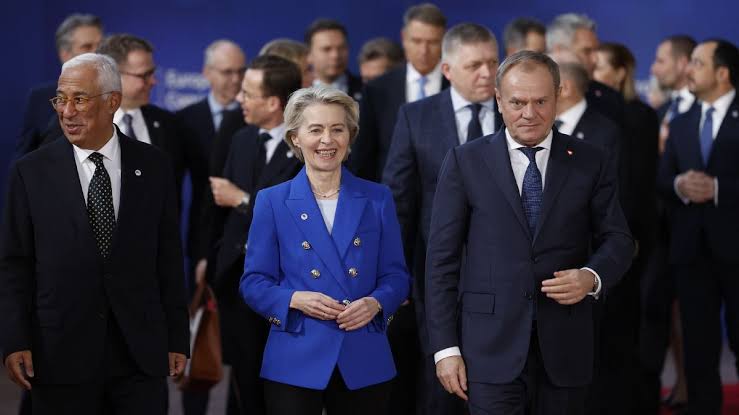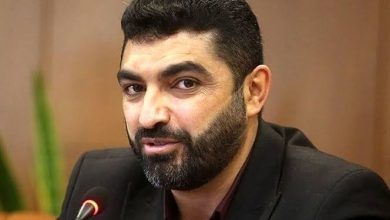EU Approves “ReArm Europe” Plan; Internal Divisions Over Ukraine Support and Defense Autonomy
EU leaders, during a special summit in Brussels, approved the "ReArm Europe" plan with an €800 billion budget and activated the "national escape clause" under the Stability and Growth Pact to temporarily lift fiscal constraints for increased defense spending. These decisions follow reduced U.S. security commitments to Europe and escalating transatlantic tensions.

Weezha Roz-Roz–Kabul-At the one-day Brussels summit, EU leaders endorsed the “ReArm Europe” plan proposed by Ursula von der Leyen, President of the European Commission.
The plan includes a €150 billion loan program to fund joint investments in critical military equipment by member states.
Von der Leyen described this step as “a necessary response to existential security challenges” stemming from the Ukraine war.
Member states agreed to coordinate the activation of the “national escape clause” within the Stability and Growth Pact, temporarily suspending budgetary restrictions to allow expanded defense expenditures.
This measure enables governments to boost military budgets without fearing EU financial penalties.
Despite broad agreement, leaders such as Giorgia Meloni, Italy’s Prime Minister, warned of the proposed loans’ impact on national debt.
Viktor Orbán, Hungary’s Prime Minister, stressed in a post on X: “Strengthening Europe’s defense must empower nations, not Brussels bureaucrats.”
Jian Junbo, a researcher at Fudan University’s Center for China-Europe Studies, highlighted implementation hurdles: “Key questions, such as budget allocation and coordination with NATO, remain unanswered.
This isn’t just a numbers game it’s a pivotal decision for the EU’s future defense strategy.”
Orbán distanced himself from the EU’s official stance on Ukraine, rejecting peace talks excluding Kyiv. Meanwhile, other leaders emphasized Europe’s role in any security negotiations.
Kaja Kallas, the EU’s Foreign Policy Chief, stated: “Unity among all 27 members is a priority, but if unattainable, Hungary may take an independent position.”
Analysts argue that despite efforts to reduce reliance on the U.S., Europe will achieve only “limited defense autonomy.” Yang Cheng from Shanghai’s Academy of Global Governance explained: “Europe’s security since 1945 has depended on U.S. protection.
Washington exploits Europe’s fear of Russia to advance its strategic goals at lower costs.”
Ding Chun, Director of Fudan University’s European Studies Center, added: “The EU may adopt a ‘NATO+’ approach transferring key responsibilities to EU defense bodies—but geopolitical and military dependence on the U.S. persists.”
weezha Roz




